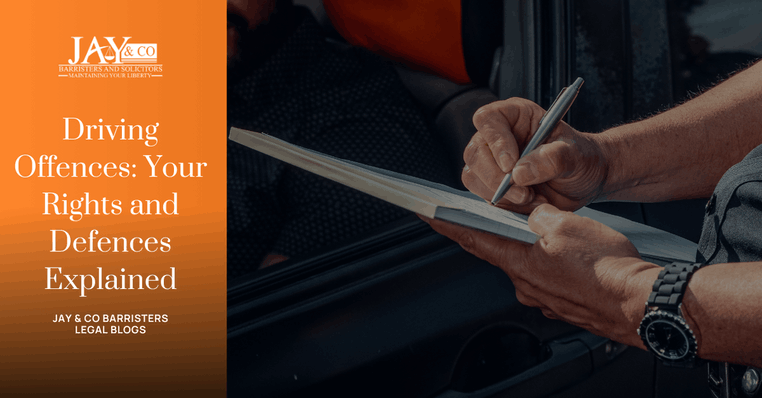CRIMINAL LAW – POLICE POWERS OF ARREST
Under Victorian Law, specifically the Crimes Act, Police Powers of Arrest are determined in the following sections:-
1. Section 459:– “A member of the police force or a protective services officer may at any time, without warrant, on duty at a designated place, apprehend a person on reasonable grounds has committed a serious offence in victoria. This also applies to serious crime heard summarily”
2. Section 459A:- “A member of police may, for the purpose of arresting, whom on reasonable grounds has committed a serious crime, is about to commit a serious crime or is escaping legal custody enter and search any place where the offending person is reasonably believed to be. Reasonable Force can be used to enter these premises.”
Take Note that any force used, must be in proportion to the force of the person being arrested.
Having outlined the powers of the police, the following is what any arresting member of the police must provide you upon an arrest being made:-
- Reason as to why an arrest is being made. On what reasonable grounds. What is the charge? You have no obligation to follow police on their requests or provide a statement without being under arrest.
- The Full Name, Police Rank Number, Police Station AND Contact Details.
- Your Rights of being able to exercise your right to silence in any interviewing process in a pre-trial procedure
- Your rights in contacting a legal representative or family member to inform of your whereabouts
3. Section 6 of the Summary Offences and Control of Weapons Act 2009:
“A member of the police force may direct a person to leave a public area if it is suspected on reasonable grounds that a person is breaching or likely to breach public peace, endangering or likely to endanger the safety of another person; or is likely to cause injury to a person, damage to property or is a risk to public safety.”
Having outlined this power of the police, you have a right to refuse the direction provided to you as long as you have a reasonable reason to not abide by the instruction given.
4. Section 9 of the Summary Offences and Control of Weapons Act 2009:-
“If a member of the police has reasonable grounds that a person is carrying a weapon, informs the person of this suspicion, the member may search the person, vehicle or thing in the person’s possession or control.”
Having outlined this power of the police, you must make sure that the police complied with the following in the exercise of this power:-
- Police must inform the person of the member’s full name, rank and police station of duty
- If requested to, provide a paragraph in writing to the person searched of all these details
- Produce identification for the person to inspect
- Inform the person that the police member intends to search the person or vehicle for weapons
- Member of Police must conduct the least invasive search that is practicable
- that the search is conducted in a designated area that has been declared by the chief of commissioner
- Designated areas are ones of where more than 1 incident of violence has occurred in the area within 12 months that had directly involved a weapon in it.
10. Section of the Road Safety Act 1986:- Police are permitted to search your vehicle with a reasonable suspicion that the vehicle does not comply with legislation. This is if the vehicle is being used on a highway, or public road. Otherwise, the police do not have general rights to search your vehicle.
Keep In Mind, these are merely some of the areas of which police have powers, however in order to identify if they have exercised their rights lawfully, you will require legal advice.
These other areas include the Road Safety Act and Transport Act. If you have any traffic issues of vehicle searches, make sure you seek legal advice.



